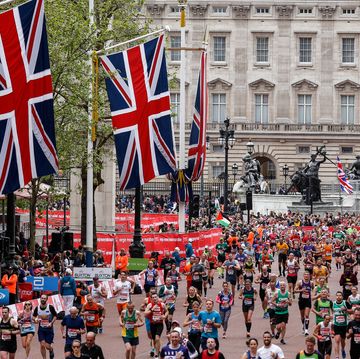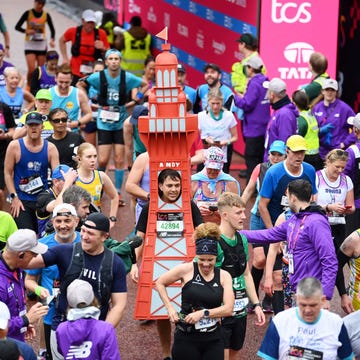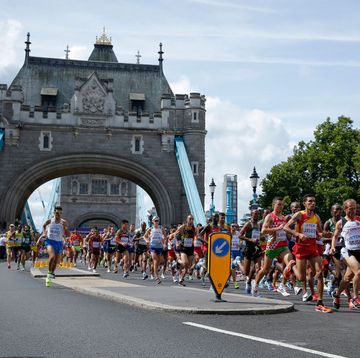- A recent preprint study, published on Cambridge Open Engage, found that people who reported lower exercise levels during coronavirus than their previous exercise habits also reported a decline in their mental health.
- Participants in self-isolation reported screen and sitting time that increased by 20 to 30 percent on average.
- Those who consistently reported less than eight hours a day of screen time had fewer depressive symptoms than people whose screen time was greater than eight hours.
As the UK Government continues to recommend physical distancing measures across the county to slow the spread of COVID-19, it’s taking a toll on everyone’s mental health. But how exactly does a change in exercise levels and increased screen and sedentary time affect you?
A recent preprint study, published on Cambridge Open Engage, collected self-reported data on exercise amounts, screen time, and mental health from more than 3,000 Iowa State University faculty, staff, students, and alumni located all over the country from April 3 to 7, when most of the country was in various stages of shutdown due to the virus.
The results showed that those who reported previously hitting the recommended amount of physical activity (150 minutes of moderate physical activity, 75 minutes of vigorous, or a combination weekly), but no longer met that threshold, also reported having worse mental health, study author Jacob Meyer, Ph.D., assistant professor and director of the Wellbeing and Exercise Laboratory at Iowa State University, told Runner’s World.
'Those people who were meeting the guidelines pre-COVID and were no longer meeting guidelines had higher depressive symptoms than those who continued to meet the guidelines,' Meyer said.
In fact, participants in this study who were in self-isolation reported that their screen time and sitting time increased by 20 to 30 percent on average. It’s not clear if activity time was completely replaced by screen time, it is certainly possible. Many people have replaced socialising with staying indoors during the coronavirus pandemic to help slow the spread, which likely means increased screen time.
Those who consistently reported less than eight hours a day of screen time (both before and after COVID) had lower depressive symptoms than the 562 people whose screen time went from less than eight hours to more than eight hours.
While these findings haven’t yet been peer-reviewed, the results suggest that many people decreased their physical activity and increased their sitting and screen time during the early COVID response in the United States. These changes were associated with worse mental health, Meyer explained.
'These preliminary findings suggest that increasing efforts to maintain physical activity and limit screen time should be put in place, while also recognising the potential short- and long-term mental health effects of COVID at the population level,' Meyer said.
The bottom line: Previous studies have found that regular exercise, such as running or yoga, can help cut depression and boost your mental health. So even though times are tough right now, if you can, try replacing some sedentary time daily with yoga, lace up for some miles, or a living room workout, aiming for at least 150 minutes of moderate physical activity weekly to help boost your mental (and physical) health.
Like this article? Sign up to our newsletter to get more articles like this delivered straight to your inbox.













